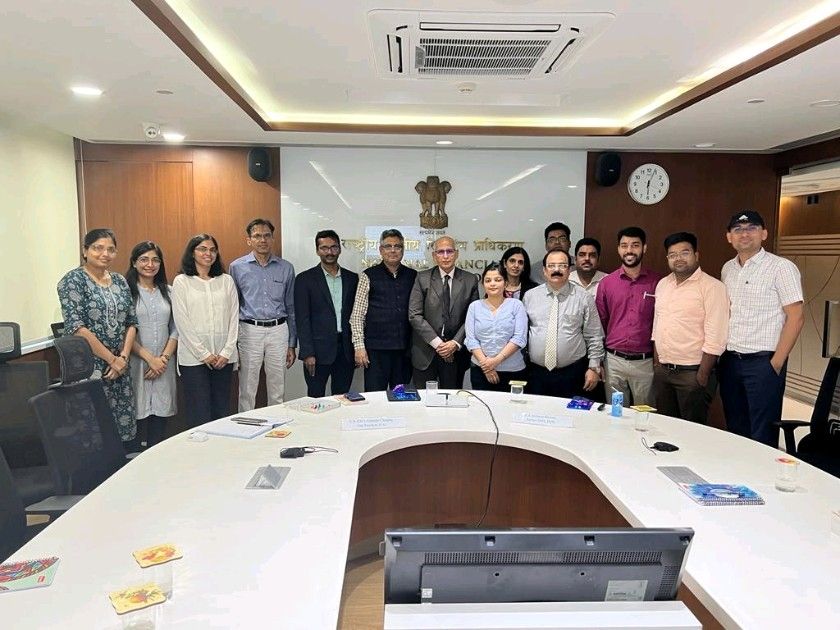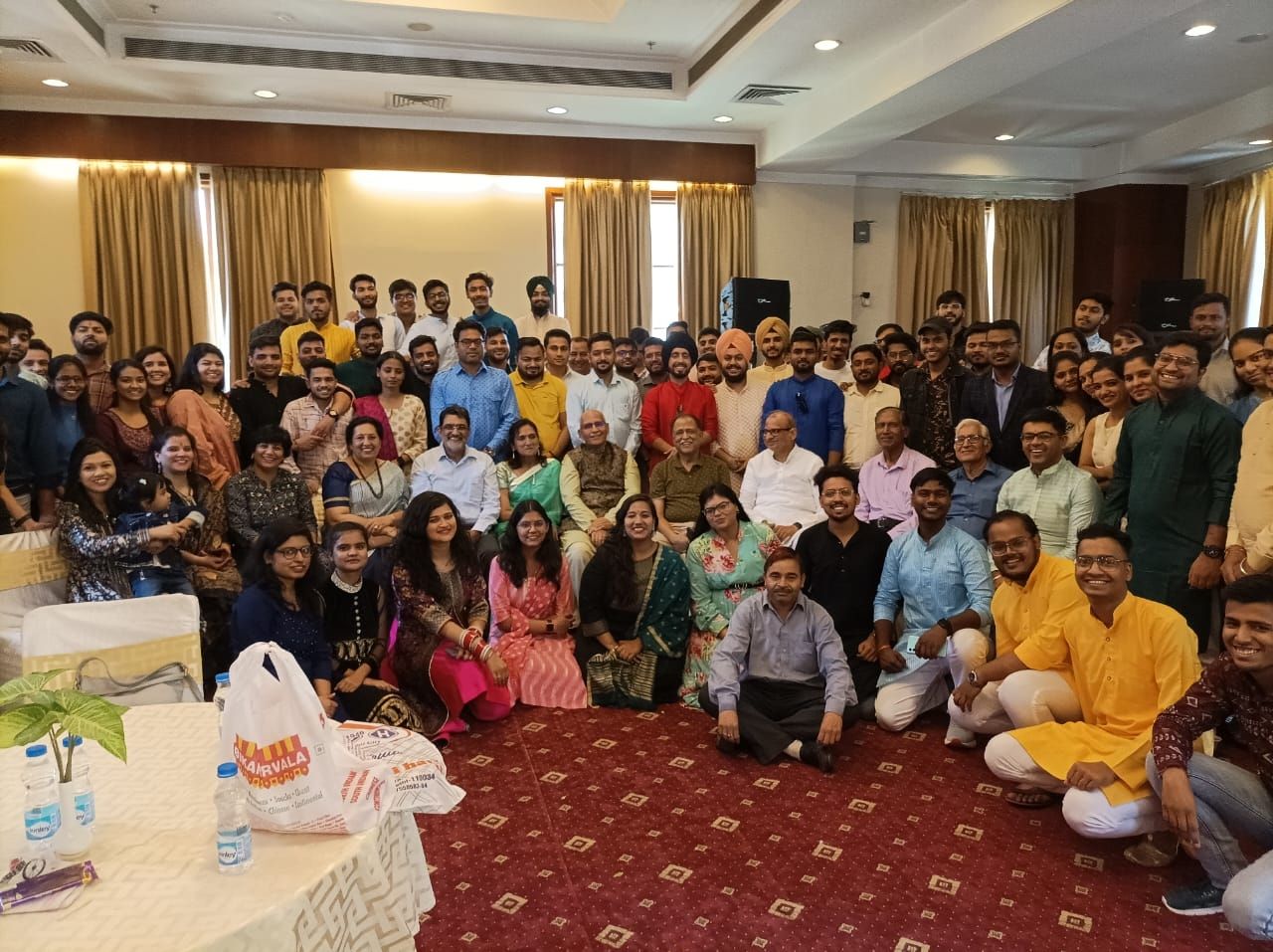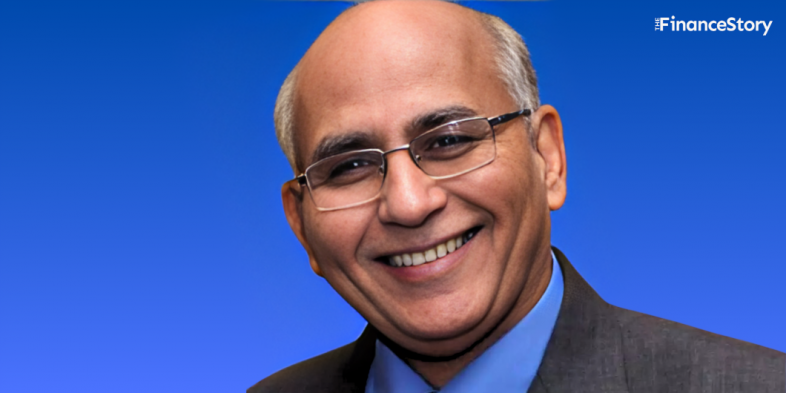- NFRA has struck fear into the hearts of auditors… that some CA firms are considering discontinuing their audit services.
- Dr. Amarjit Chopra, and a Practicing CA for over five decades tells us why NFRA was created and its impact on the audit profession.
- Excerpts from the interview.
You have been in practice for almost 50 years now. Can you share your journey?
I am a product of a time when there were no accounting standards, auditing standards, or boards.
However, there were auditing practices, albeit with very limited guidance.
In 1975, when I qualified as a Chartered Accountant, the ICAI issued a small statement on auditing practices. It was during this time that I established our CA firm, GSA & Associates LLP.
Initially, I focused on taxation and excelled in it. Eventually, I transitioned to auditing and have been on this journey ever since.
We kept adding new members to our team and scaled. Yes, those were simpler times but the opportunities were scarce.
On the contrary, nowadays, there are plenty of opportunities, but we have shifted from having almost no regulations to being overregulated.
It’s not just the accounting field feeling the pressure, but various sectors, including banking, and even startups are struggling with evaluation-related regulations.
And the auditing profession is feeling the most heat, I believe.
What is the National Financial Reporting Authority (NFRA) about and why was it created? What are NFRA’s objectives?
The National Financial Reporting Authority (NFRA) is a body constituted under the provisions of Section 132 of the Companies Act, 2013.
There are a few reasons why the NFRA came into existence, in my opinion.
When the Harshad Mehta scam happened, the RBI requested ICAI to take action against different auditing firms. However, the RBI itself delayed submitting the committee report.
The report, which was the basis for the entire case, was unavailable for many years. Finally, in around 1998 or 1999, these reports were made available, and the cases proceeded quickly. The ICAI was held responsible for the delay.
Then there were other scams like the Satyam scandal. In the Satyam case, there was only a slight delay in the disciplinary process. It happened in 2009, and by 2012, the individuals responsible had been found guilty.
However, the blame was unfairly placed on ICAI, again and they were unable to defend themselves properly.
Ultimately, the Nirav Modi case happened, which I believe was the final nail in the coffin. It led to the implementation of section 132 and the establishment of NFRA.
NFRA has been brought into existence mainly to approve auditing and accounting standards, which are submitted by the ICAI, and to ensure the quality of audits. Now, people rightly see NFRA as an independent regulator.

NFRA issued an order against Sundaresha & Co., imposing a hefty penalty in crores of rupees. Should individuals be concerned about taking audit risks?
Previously there were no penalties for auditor’s misconduct, except for disciplinary action.
It was only after 2006 or 2007, when the CA Act was amended that the issue of penalties came up.
When penalties did start being imposed by the ICAI, they were very low. Whether you impose a penalty of INR 5 lakh or INR 10 lakh rupees in the case of Satyam, it doesn’t matter.
That’s why, in the case of Satyam, we had to ban the members for life. I consider that to be a much more severe penalty than just imposing a monetary fine.
Now with NFRA being introduced, firms are concerned about taking on audit risks. Then again, I believe that in life, there is always some level of risk involved.
Auditing involves more than just the ethical practices of auditors; it also encompasses other factors;
If the management conceals the information and the auditor cannot obtain it from third parties, it is difficult to hold the auditor accountable.
Unless there is evidence that the auditor had reason to believe in the existence of these accounts and failed to investigate, you shouldn’t blame them.
The main concern also lies in the ethical conduct of CFOs, company secretaries, directors and organization promoters. It seems like no one is paying attention to this issue. If bribes are being paid or if there are undisclosed transactions, are CFOs revealing this information to the auditors? The answer is no.
Why shouldn’t the Audit Committee Chairman be held accountable as well?
I appreciate that the Independent Director may not visit the company often, especially during important occasions like when the accounts are being presented to the audit committee for approval.
However, the auditor also spends only a few days there checking all transactions. I am not trying to compare the director’s responsibilities with the auditor but have some mercy on the auditor as well.
For instance, after auditing some banks, I discovered that the bankers were well aware of what was going on, yet they failed to exercise due diligence and care.
There are different lines of defense, and each line of defense that gets breached should also be questioned as to why it was breached. And if you don’t question that line of defense, you are being discriminatory.
Also read: NFRA imposes INR 2.15 Crore fine on 2 Auditors and 1 Audit Firm for Coffee Day Global Audit Failure
How has the establishment of NFRA positively impacted the landscape of audit practices in India?
The landscape of the audit will undergo changes, there is no doubt about it. However, at the same time, the auditors believe that there is a greater risk involved with the introduction of NFRA.
But there are some positive aspects.
Tracking network relationships
NFRA recently conducted inspections of larger firms that are part of the same network. The inspection report revealed that some of these firms had not disclosed information about other firms within the same network.
NFRA has successfully gathered information that the ICAI was not able to collect previously.
Stricter enforcement of audit rules
I believe Section 144 of the Company’s Act will be enforced more strictly than before. So now auditors will have to be very clear that they cannot provide non-audit services to their audit clients.
Interpreting auditing standards
When it comes to auditing standards, they should be read and interpreted as a whole, rather than focusing on individual words and sentences. If every line is read and it is claimed that this specific word has not been followed, I don’t believe that is the correct way to conduct an audit.
Auditors should keep that in mind.
Improving audit quality
Furthermore, I believe that in the future, the quality of audits will improve, not solely because of NFRA but because they are playing a major role in it.
The auditing standards and their widespread dissemination, even by the ICAI, will contribute to this improvement.

There is a sense of fear among the auditors after NFRA’s establishment. What is your advice to CA firms?
Be ethical
My first advice will always be, to prioritize ethics in auditing.
If you are not willing to accept an audit or if you lack independence or understanding of auditing standards, then don’t accept it.
You can’t compromise on the quality of the audit.
Stay updated
Keep learning. First, unlearn and then relearn. Let’s continue to move forward with qualitative, ethical, and competent skills.
Stay updated with whatever is being introduced in the market which can assist me in conducting audits.
I have developed the habit of reading and staying informed about the news.
Increase your audit fees!
The fees will inevitably increase. I guarantee it because people will not accept risks without proper compensation.
This is because having better documentation, a good processor, and even involving IT are crucial nowadays, and expensive.
If you don’t incorporate IT into your practice, you won’t be able to survive.
Be a good listener
Additionally, being a good listener is essential. When I am out auditing, I should pay attention to what is happening around me and what the audit staff is discussing.
By being a good listener, I can gain valuable insights. I always emphasize that jumping to conclusions too quickly will prevent me from becoming a good auditor.
Be passionate about auditing
Furthermore, I have always believed that if you do something, do it with passion.
Otherwise, you would feel exhausted.
As long as I enjoy auditing, I will continue to do it passionately. The moment I no longer find pleasure in it, I will stop. That is my goal.
Auditors need to be proactive
People don’t want you to act like wild dogs, metaphorically speaking.
Auditors should at least be barking dogs. You must bark today and communicate what’s going on in the organization to everyone.
Wrapping up
I don’t see anything wrong with the formation or composition of NFRA in 2018.
I believe both NFRA and the ICAI should work together in a supportive and complementary manner, rather than viewing each other as rivals.
However, when it comes to educating the members on ethical standards or auditing practices and organizing conferences, it should be the responsibility of the ICAI and not the NFRA.
As an auditor, be thorough and investigate various aspects. Don’t be overly scared.
I know there are risks involved when conducting audits and the stakes are too high because of NFRA. But there is only so much you can do.







